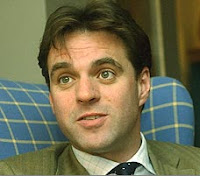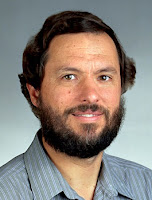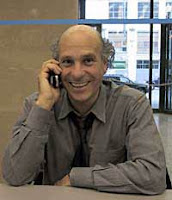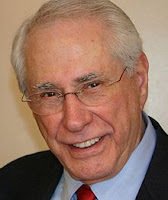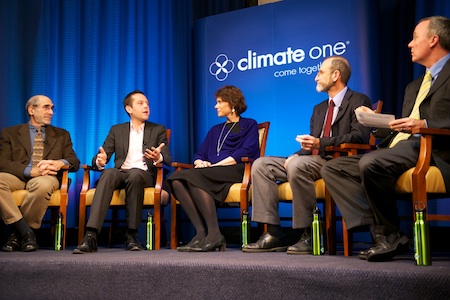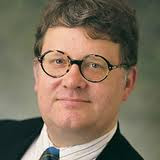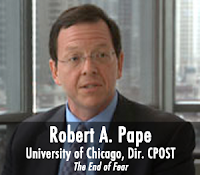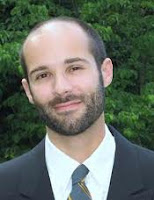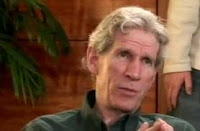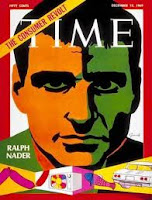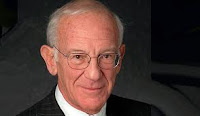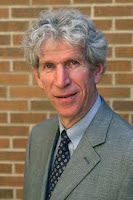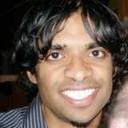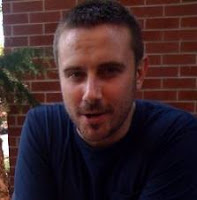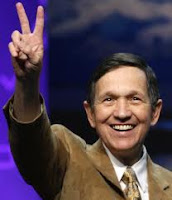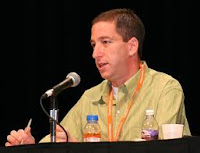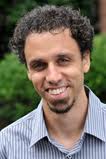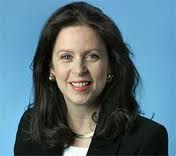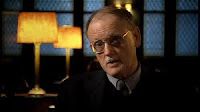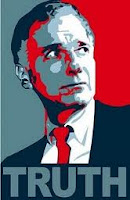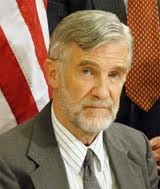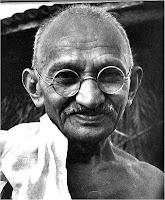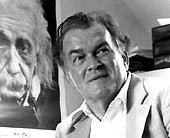Please sign up for our email list
Progressive Dems of America
Democracy For America
Get Involved
- About Us
- Create Website Account
- Join E-mail List
- Contact Us
- Contact your Federal representatives (Senate & House)
- Contact your State Senators and Assemblypersons
- Contact the Sacramento County Supervisors
- Contact the Sacramento City Council
- Contact the Sac Bee
- How to Get Your News in the Bee
- Media Addresses: Newspapers, TV, Radio, Mags
- Newslink list of all CA Newspapers
- Volunteer
-
Making Big Banners
- Register to Vote
- Local Events
-
Dem Party Headquarters Info
Iraq & Afghanistan Occupations
- Sacramento Physicians for Social Responsibility
- Resolution Peace.org
- Iraq: The Human Cost
- Iraq Moratorium.org
- StopBlackwater.net
- McGovern's HR 746
- Woolsey's HR 508
- US Labor Against War
- Camp Casey Peace Institute
- Vote Us Out of Iraq
- No War, No Warming
- Appeal For Redress.org
- Iraq Veterans Memorial
- Iraq Coalition Casualty Count
- Thank You Lt. Watada
- Teach Peace.com
- Freedom From War.org
- Prog. Caucus Iraq Withdrawal Paper
- After Downing Street.org
- John Conyers.com
- Dahr Jamail's Iraq Dispatches
- Gold Star Families for Peace
- Operation Truth: OpTruth.org
- Military Families Speak Out
- AntiWar.com
- ElectronicIraq.net
- Just Foreign Policy.org
- Veterans Against The Iraq War
- Bring 'em Home Now music video
- CLICK HERE FOR ARCHIVED LINKS
- CLICK HERE FOR THE LATEST NEWS
Cost of the War in Iraq
(JavaScript Error)

Other great sites
- Common Dreams
- TruthOut.org
- After Downing Street.org
- FireDogLake
- BradBlog
- CA Progress Report
- Raw Story
- Crooks And Liars
- Axis of Justice
- David Sirota
- Atrios / Eschaton
- Framshop Is Open
- AMERICAblog
- Huffington Post
- Liberal Oasis
- The Left Coaster
- MyDD
- DailyKos
- Democratic Underground
-
Tom Tomorrow
LOCAL SITES
- Sacramento Area Peace Action
- SacIndyMedia.org
-
Humor Times.com

Recent blog posts
- Obama’s Job Creation? Lower US Wages Below Mexico/China!
- Song For Mom: 7 Billion
- Bay MLPA process delayed until peripheral canal plan completed
- Report documents record Delta water exports and splittail 'salvage'
- My Dustin-Hoffman-Graduate-Plastics' Moment
- Secretary Laird announces delay in release of peripheral canal plan
- Science Friday: Titanoboa vs T-Rex | Rare Photo: Black Hole Devouring a Star | CSI Neolithic: Ötzi's Autopsy
- Remember when ...
- Who is Scytl? And Why You Should be Aware if You're a Voter
- What did the West do to succeed?
Upcoming Events
-
Thu, 05/10/2012 - 6:00pm
-
Sat, 06/02/2012 - 1:00pm
-
Thu, 06/21/2012 - 7:00pm
We all need a little HUMOR
Healthcare For All
- Michael Moore.com
- Michael Moore speaks at Healthcare Hearing at the Capitol
- DFA SiCKO "Health Care for America" petition
- State Senator Sheila Kuehl's SB 840 - CA Universal Healthcare Act
-
Petition to Support Sheila Kuehl's SB 840

- Watch the California OneCare video
- Universal Healthcare Teach-in : July 7th
- HR 676 - Conyers/Kucinich - Expanded & Improved Medicare For All
-
PDA Petition to Support Conyers' HR 676

- Video : Michael Moore in Support of HR 676
- California Nurses Association
- Health Care for All
- OneCareNow
- SB 840 - Arguments Against & Responses
- Tell the Governor to Sign SB 840, NOW!!
- Take Action to Support SB 840
- Learn more at SB840.org
Middle East Conflict


-
PDA Statement on call for an end to Israeli Occupation
HEADLINES plus
- AFP World News
- Al-Ahram
- AntiWar.com
- Arab American News.com
- BBC News
- Common Dreams.org
- CounterPunch.org
- FAIR.org
- The Guardian UK
- Haaretz.com
- The Independent UK
- IPS News
- New America Media.org
- Palestine Chronicle
- Truthout.org
- Washington Post
-
What Really Happened.com
Anti-Occupation sites
- US Campaign to End the Israeli Occupation
- Electronic Intifada.net
- Electronic Intifada - Lebanon
-
Jewish Voice for Peace

-
Gush Shalom

- If Americans Knew.org
- Institute for Middle East Undertanding.net
- Israeli Committee Against House Demolitions
- Israeli Information Center for Human Rights in the Occupied Territories
- Amnesty International
- Association for Civil Rights in Israel
- Arab Association for Human Rights
- MIFTAH.org
- Physicians for Human Rights
- Rabbis for Human Rights
- Palestine Monitor.org
- Barak's "Generous Offer"
- Click Here for more articles


